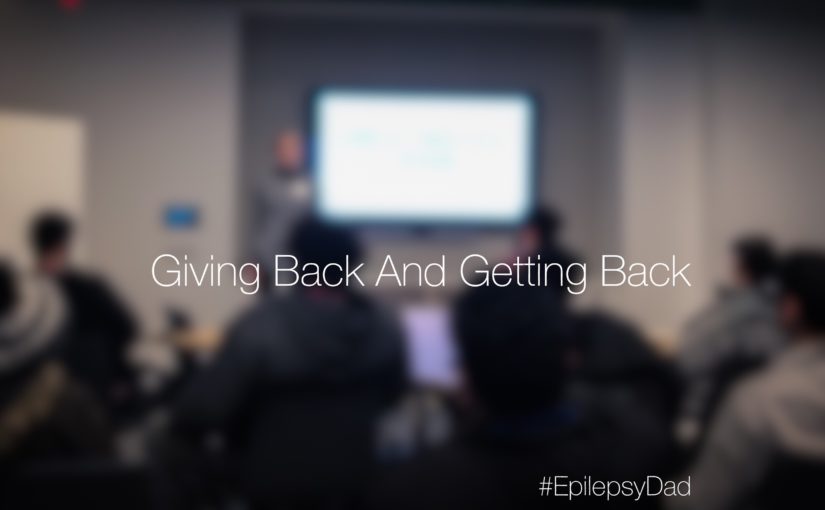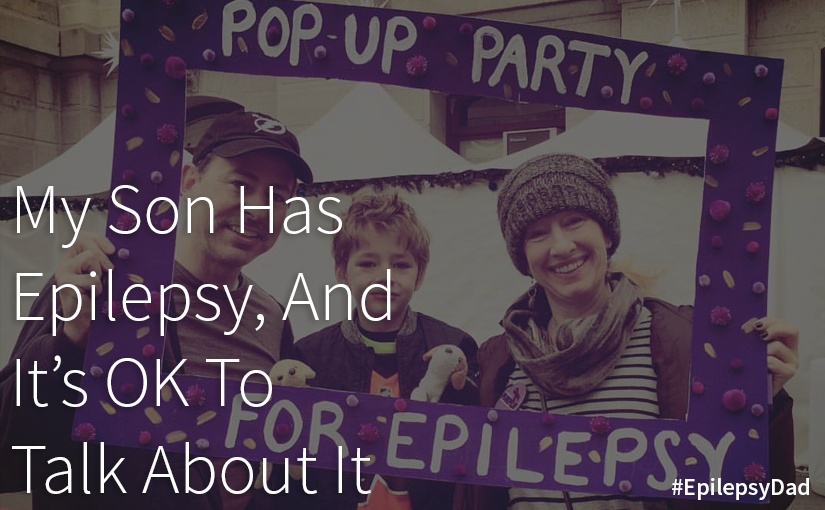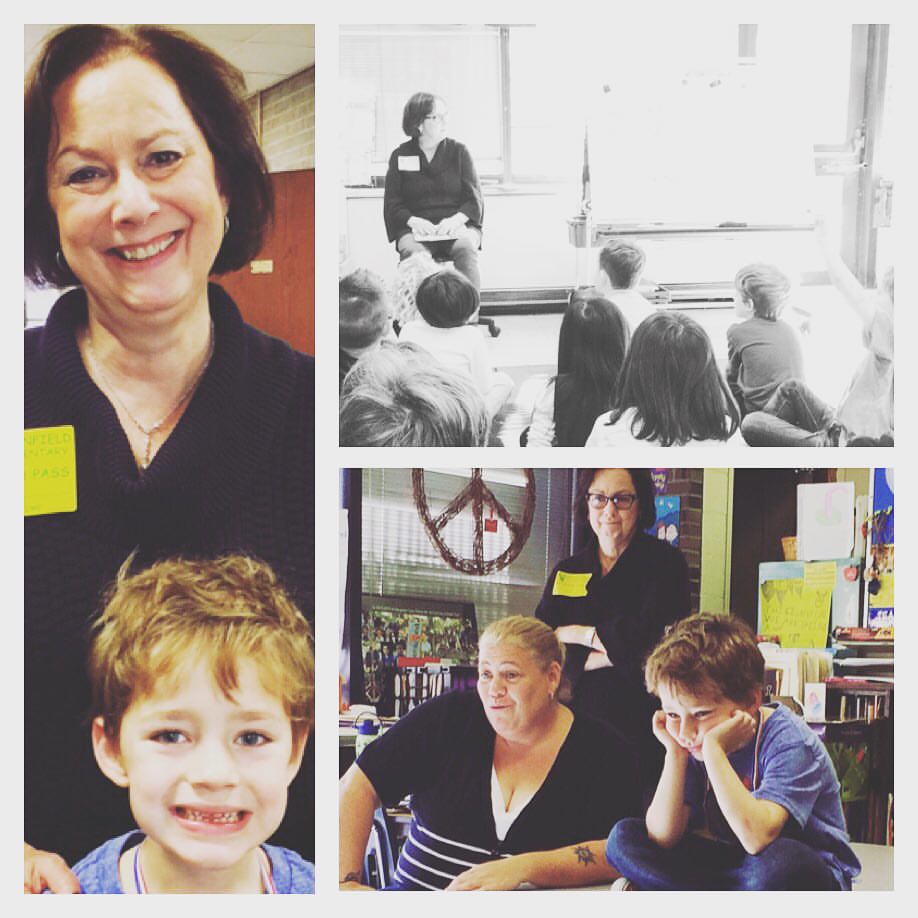Recently at work, I had an opportunity along with a handful of colleagues to speak to a group of high school students with special needs. The goal was to share our experiences working at a large company, to talk about our background and how we got to where we were, and to highlight practical skills we thought helped make us successful.
When I introduced myself, I mentioned that my son also has special needs. I could see that look of connection on the students’ faces. When I shared that he has epilepsy, one of the students in front interrupted me. “I have epilepsy, too,” he said. “What kind does he have?”
“Generalized seizures, ” I replied. “Refractory…we’ve tried a bunch of different medications but he still has seizures.” The young man paused, then mentioned his current medication. I gently interjected and suggested that we talk more after the other speakers. He smiled and nodded, and I continued.
The kids were great. They were attentive. They were curious and asked questions. And they were gracious. After each speaker, the students clapped enthusiastically.
After all the speakers had gone, the floor was opened for questions. Two of the students asked technical questions about platforms and architecture. Others asked questions about our company and our products. They asked what kind of jobs our company had. And then one student asked if our company would hire someone like him…someone with a disability.
The student who asked it was one that I had chatted with before the event. He asked about how much math I needed to do for my job because he wasn’t that good at math. I am surrounded by people with PhDs in math, I thought, but I told him that it depends on the type of job and that our company has a lot of different types of jobs. Now he was asking if our company would consider including someone like him. Someone like the other kids in the room. Someone like my son.
I didn’t know how to answer his question so I rattled off a list of facts about my company. “Well, our head of accessibility is blind,” I stated. “And I know other people in the company who have other conditions that don’t prevent them from working here.” I mentioned our employee resource groups, including our “Abilities Network” that builds a community around special needs, except I used the word “disabilities”.
That was when the student with epilepsy spoke up. “They’re not disabilities, ” he said. “People like us, and people like your son, we can do anything we want to do.”
I stopped talking and I listened. I listened to this teenager as he spoke directly to me about a hopeful future for my son. It was as if he saw right into my fear about the future and wanted to let me know that it was going to be okay. It took me so off guard that I had to struggle to keep my composure.
When he was done, I thanked him. Because I know that everything he had said was a gift for me. A gift to take home to my son. A gift to carry forward in my life. A gift to share with the people around me.
I walked into that room to give a piece of myself to those students. I wanted to tell them about my story and my son’s story to connect with them and to inspire them. I didn’t expect to get anything in return, but I got back as much as I gave.
Maybe more.


